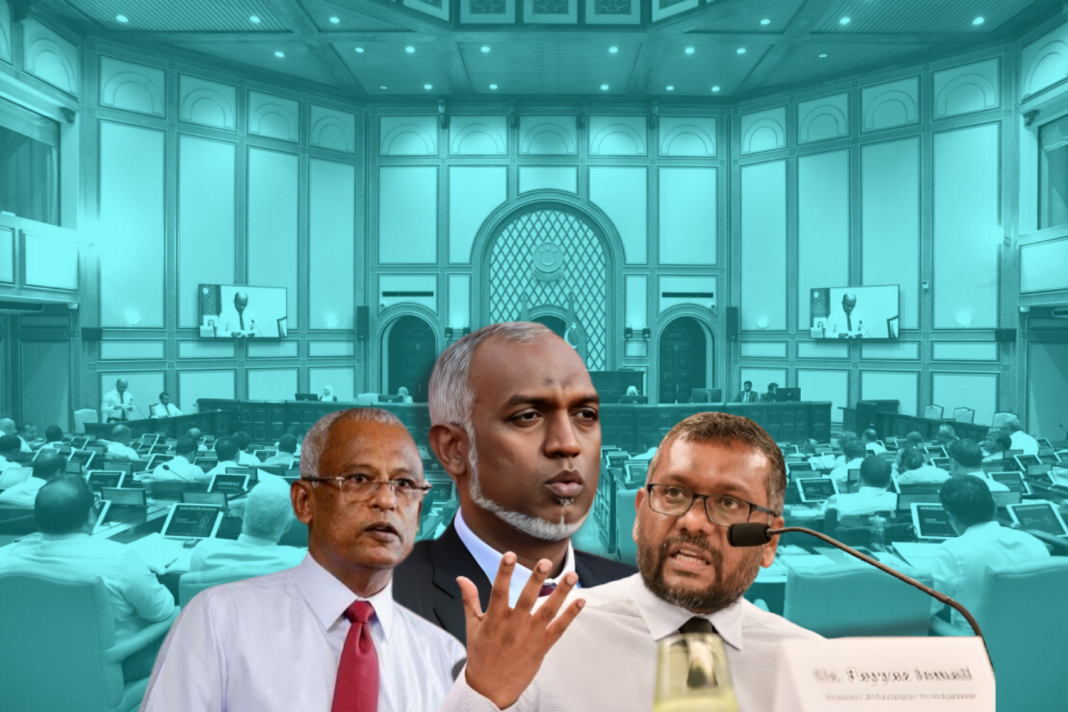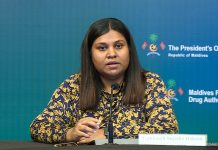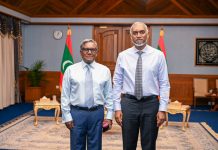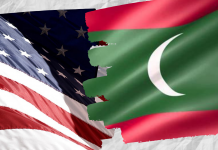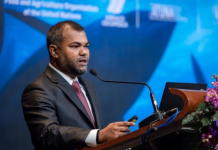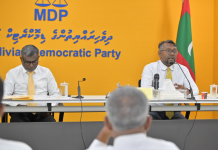As the terms of local councils come to an end, the Muizzu government is pushing forward a set of changes to the Decentralization Act. But these changes are raising serious concerns especially from the opposition, who say the government is trying to take back power from local councils and centralize control in Malé.
The proposed amendments, submitted by ruling party MP Ibrahim Hussain, aim to limit how councils operate including how they hire staff, run businesses, and manage land, lagoons, and other public resources. The bill also includes tighter rules for what councils can do during their final year before elections.
Here’s a quick look at the main changes the government wants to bring:
-
Council-Owned Companies: Councils would no longer be allowed to run businesses that already exist in the private sector on their islands. Their companies must focus only on important infrastructure work and only if the investment is over MVR 10 million. Any businesses that clash with private ones must be shut down within 90 days.
-
Rent for Public Service Buildings: Councils wouldn’t be allowed to charge rent for land or buildings used by groups providing basic public services.
-
Council Revenue: Councils would get their share of revenue only after taxes are deducted, and only if they’ve paid for public services within the last six months.
-
Bank Account Rules: Councils would need to follow Ministry of Finance rules for managing their bank accounts and must provide statements when asked.
-
Final-Year Limits: If a council has less than a year left in office, it would need special approval to hire new employees, lease land, or start new development projects.
The opposition believes these changes are a direct attack on local democracy. Former President Ibrahim Mohamed Solih said on X that decentralization introduced through the 2008 Constitution — was one of the biggest steps taken to give real power to the people. He pointed out that during his presidency in 2019, all political parties came together to pass key reforms that allowed councils to run their own affairs, earn income, and serve their communities better.
“Just when those reforms are starting to show real results, this government wants to roll them back,” Solih warned. “Island communities will suffer if power is pulled away again for political reasons.”
MDP Chairperson Fayyaz Ismail also slammed the proposed changes. In a post on X, he said the bill is designed to take power away from islanders and give it back to the central government. He argued that councils must be allowed to decide how they earn and spend money, without waiting for Malé’s approval every time.
Fayyaz called on all councilors especially in rural areas to stand against what he sees as a clear attempt to weaken the people’s voice and take control away from the islands.
With the government pushing ahead and the opposition strongly resisting, this bill could become a major fight over who really holds the power in the Maldives the people in the islands or the politicians in Malé.

